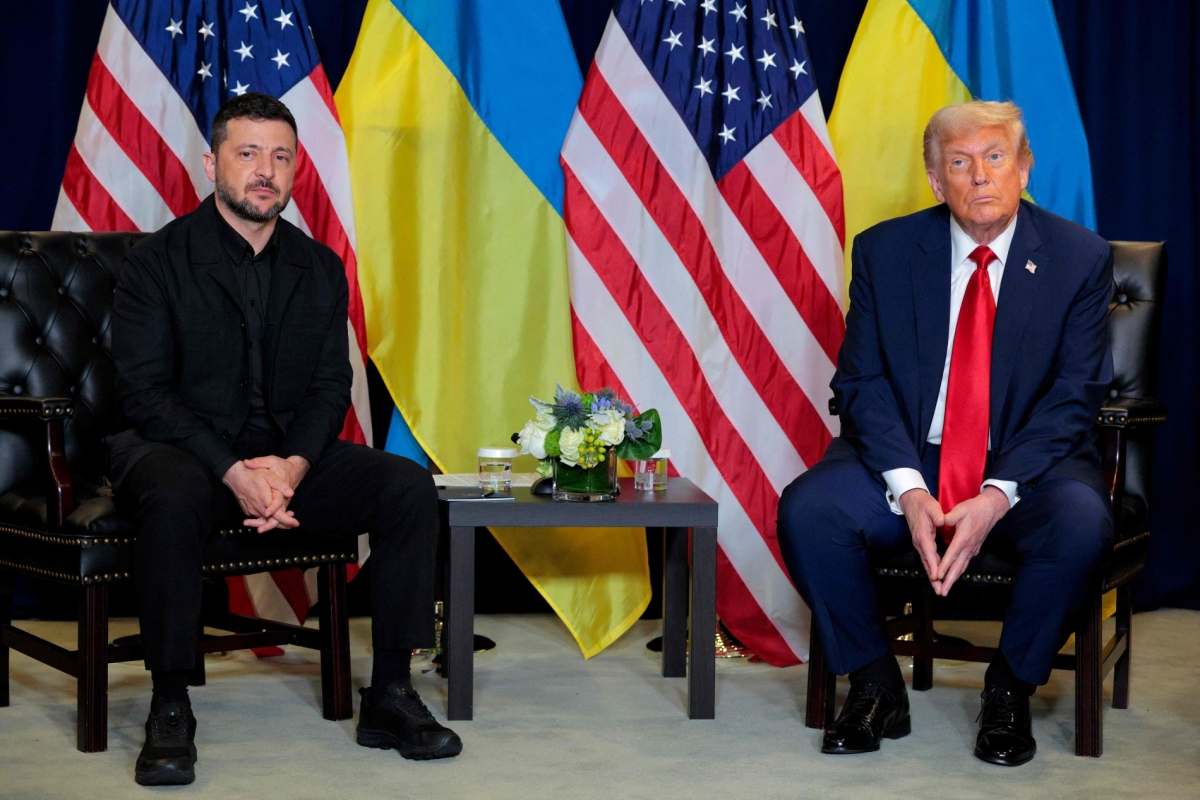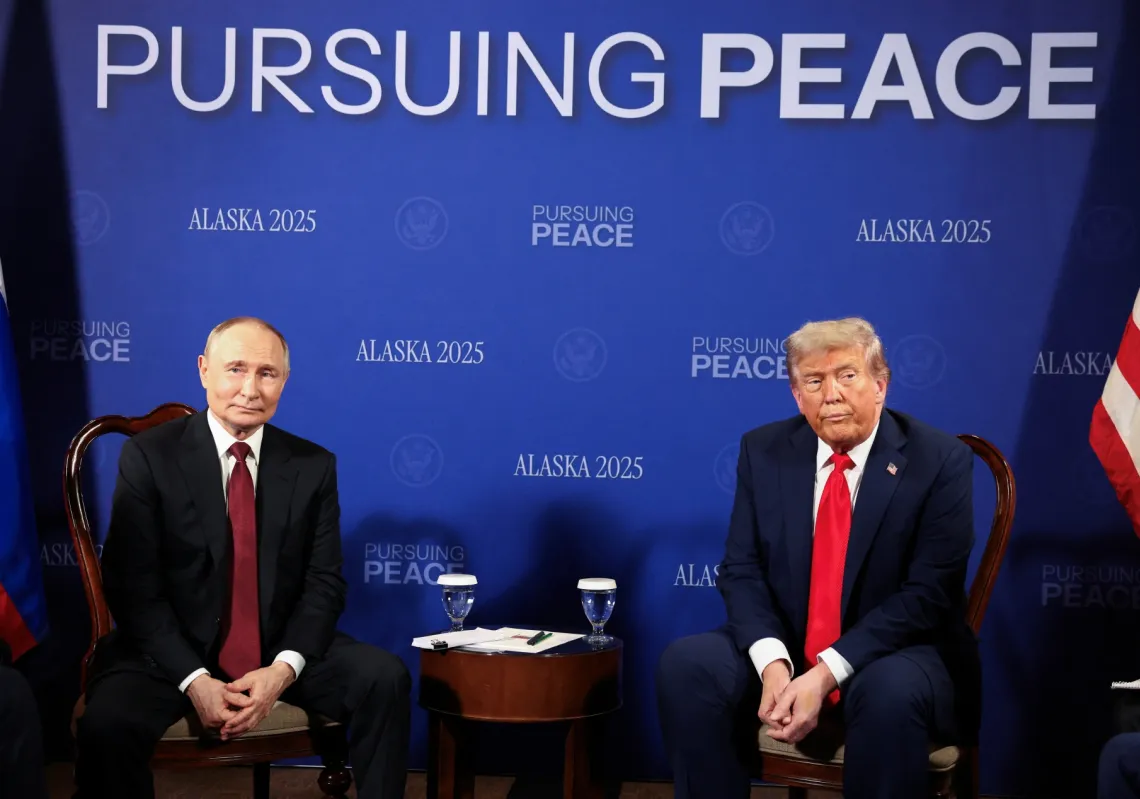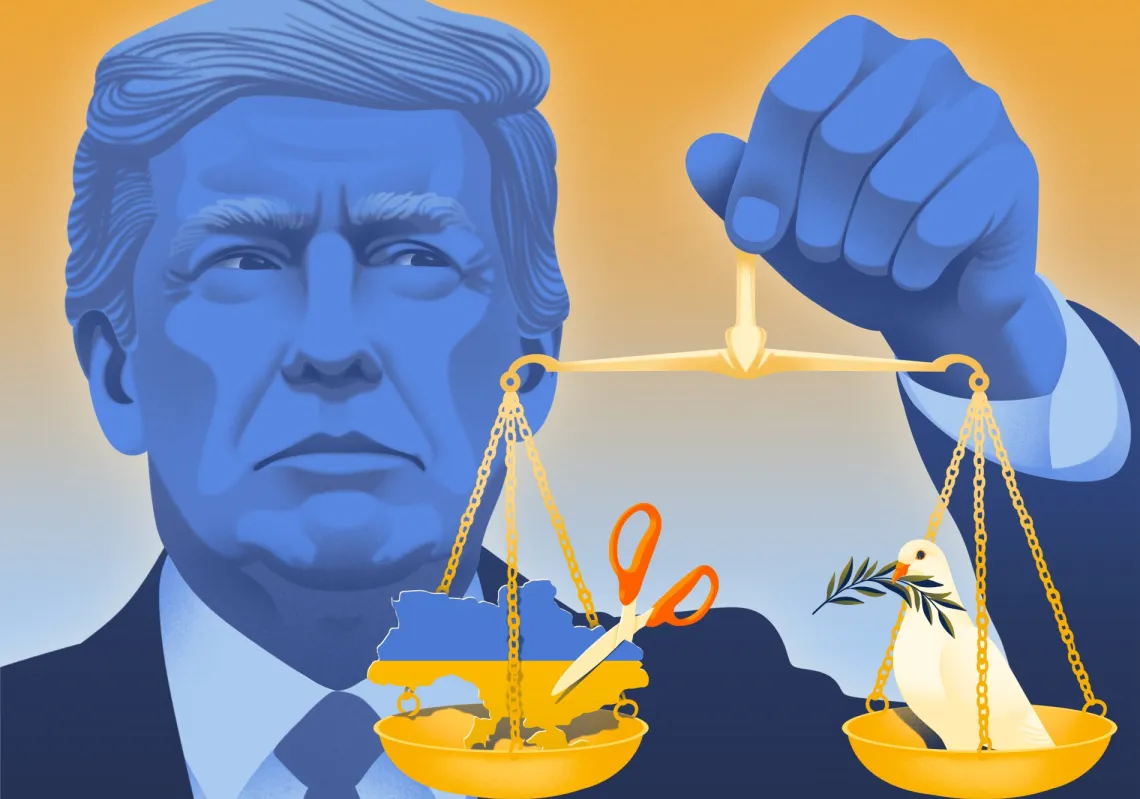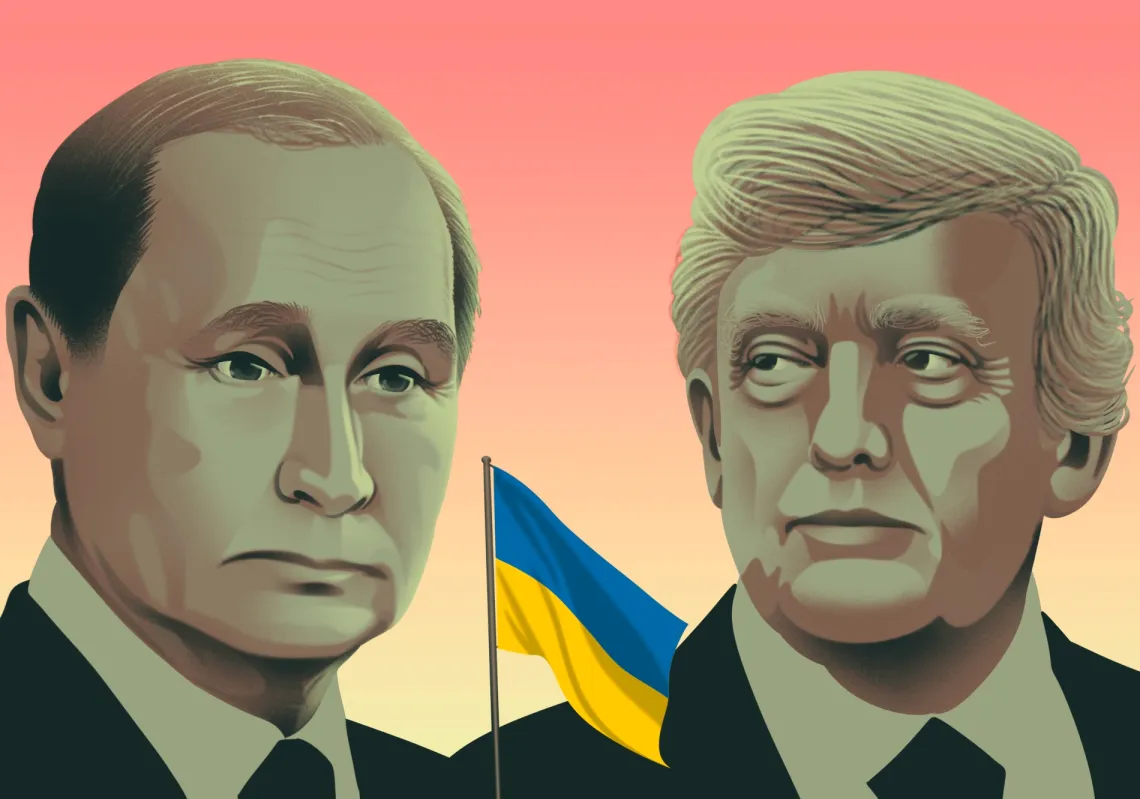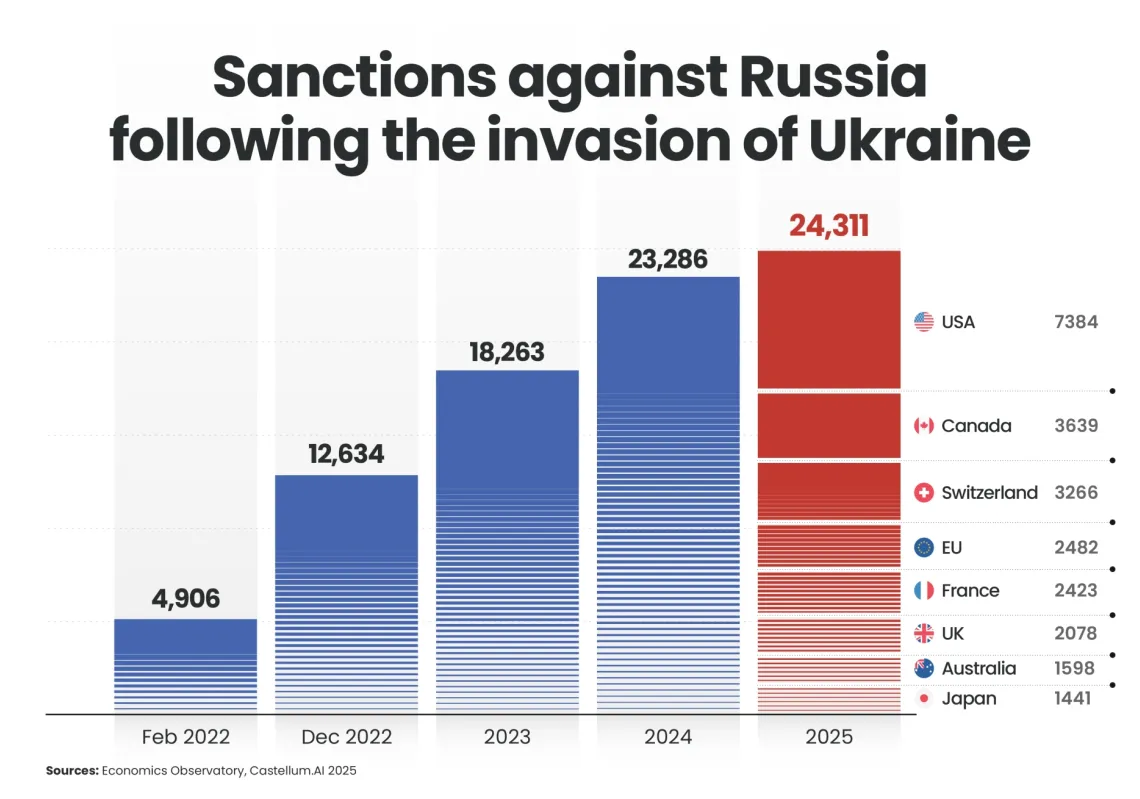US President Donald Trump’s dramatic U-turn on the Ukraine conflict—where he has now stated explicitly that Kyiv can achieve victory—may be good news for Ukrainian President Volodymyr Zelenskyy on a personal level. But there are no guarantees that it will make any material difference to the Ukrainian war effort.
Since returning to the White House in January, Trump’s approach to the Ukraine issue has been unpredictable, to say the least. For the past year, the US leader has been decidedly lukewarm about supporting Ukraine in its long-running conflict with Russia—an attitude that was very much in evidence during his now infamous dressing down of Zelenskyy in the White House in February, when he publicly berated the Ukrainian leader over his handling of the conflict.
While relations between the two leaders have improved markedly since that low point—not least because of Zelenskyy’s willingness to engage positively with the Trump administration’s efforts to end the conflict— questions have remained about just how much support the US president is prepared to commit to the ongoing war.
These concerns have been exacerbated by Trump’s attempts to deal directly with Russian President Vladimir Putin to end the conflict—an initiative that seemed to be leaning in Moscow's favour when the two presidents met in Alaska in August.
Since then, there has been a marked change in Trump’s attitude towards Putin, with the US leader openly questioning whether the Russian leader has any serious interest in pursuing a peaceful resolution.
Deepening scepticism
Trump’s deepening scepticism about Putin’s motives was very much in evidence during his second state visit to the UK this month, when he revealed during a press conference with UK Prime Minister Sir Keir Starmer that Putin had “let me down”.
The breakdown in Trump’s relationship with Putin has now resulted in the US leader undertaking a radical shift in his support for Ukraine. Having previously suggested that Kyiv would need to hand over territory in eastern Ukraine and Crimea in order to achieve peace, Trump is claiming that Ukraine has the ability to "win all of Ukraine back in its original form".
In a post on his Truth Social platform, the American leader insisted Ukraine could get back "the original borders from where this war started" with the support of Europe and NATO, due to pressures on Russia's economy.
His comments followed talks with Zelenskyy after he addressed the UN General Assembly in New York. Trump explained that his position had changed "after getting to know and fully understand the Ukraine/Russia military and economic situation".
"Putin and Russia are in BIG Economic trouble, and this is the time for Ukraine to act," he added, labelling Russia as a "paper tiger".
Zelenskyy later admitted in an interview with Fox News that Trump's Truth Social post about Ukraine had taken him by surprise, but he took it as a "positive signal" that Trump and the US "will be with us to the end of the war".
"I think the fact that Putin was lying to President Trump so many times also made a difference between us," he said.
Meanwhile, Russian President Vladimir Putin's spokesman, Dmitry Peskov, suggested Trump had changed his position on Ukraine simply because of his meeting with the Ukrainian leader. The US president, he told reporters, had made the comments "apparently under the influence of the vision put forward by Zelenskyy... this vision is in absolute contrast with our understanding of the current state of affairs".
Trump’s more hawkish outlook on the Ukraine conflict was also reflected in comments he made on Russia’s recent military incursions into European airspace. Trump said NATO nations had every right to shoot down Russian planes breaching their airspace.
Poland's foreign minister, Radoslaw Sikorski, responded to Trump’s comments on social media with a brief message of approval: "Roger that."


